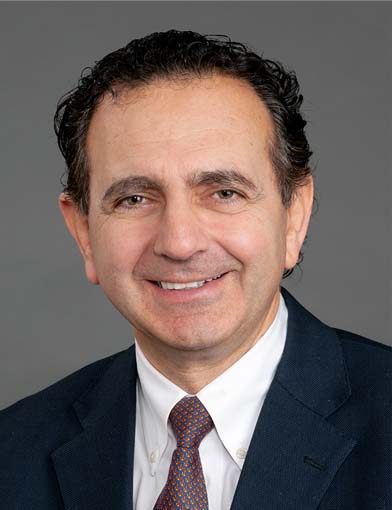What exactly is regenerative medicine? It’s the branch of medicine that develops methods to regrow, repair or replace damaged or diseased cells, organs or tissues and has been called the "next evolution of medical treatments" by the U.S. Department of Health and Human Services.
Regenerative medicine at Wake Forest University School of Medicine is housed within the Wake Forest Institute for Regenerative Medicine (WFIRM), led by Anthony Atala, MD, director of WFIRM and professor of urology. Physicians and scientists at WFIRM were the first in the world to engineer laboratory-grown organs that were successfully implanted into humans. Thanks to continuous advancements, impactful grants and partnerships with high-level organizations around the world, it is recognized as an international leader in translating scientific discovery into clinical therapies.
Collaboration is Key
This innovative specialty requires a multidisciplinary approach that involves teamwork and active collaboration across almost every department, making them the subject matter experts in bioprinting, tissue engineering, and cell and gene therapy. This interdisciplinary team includes approximately 400 individuals working to engineer more than 40 different replacement tissues and organs, and to develop healing cell therapies – all with the goal to cure, rather than merely treat, disease.


